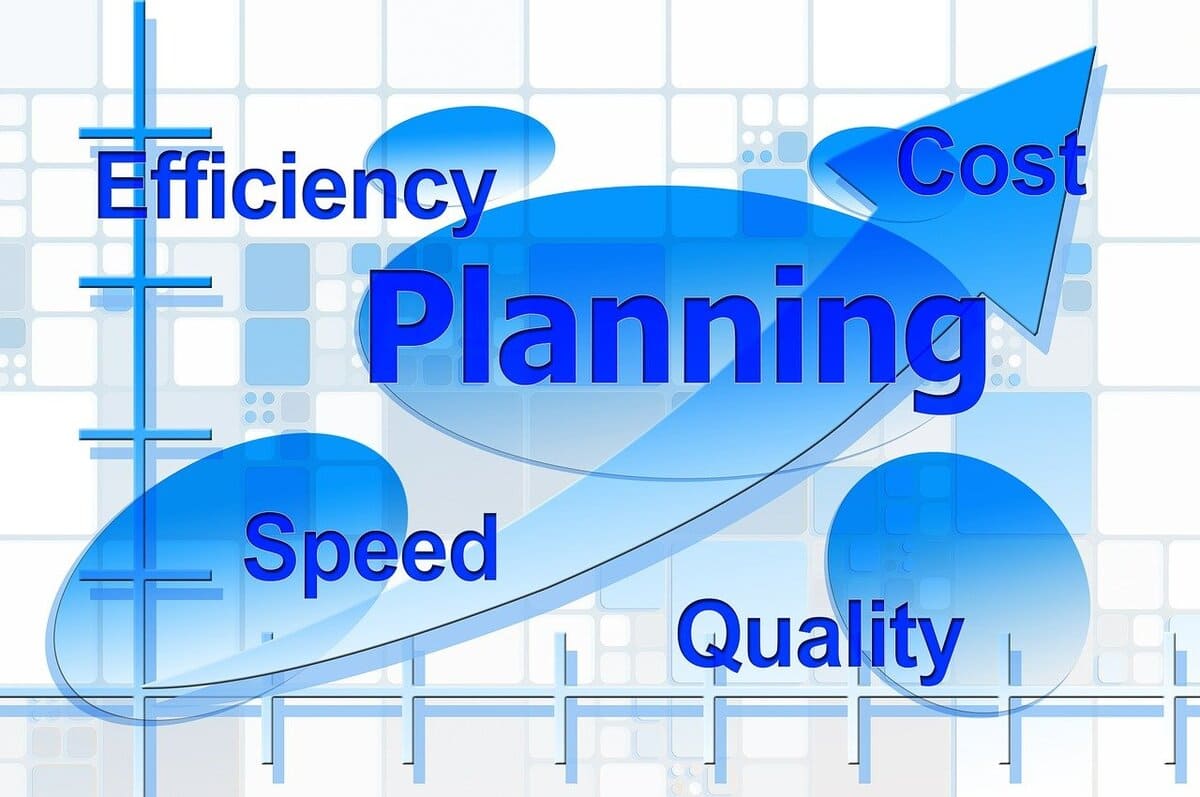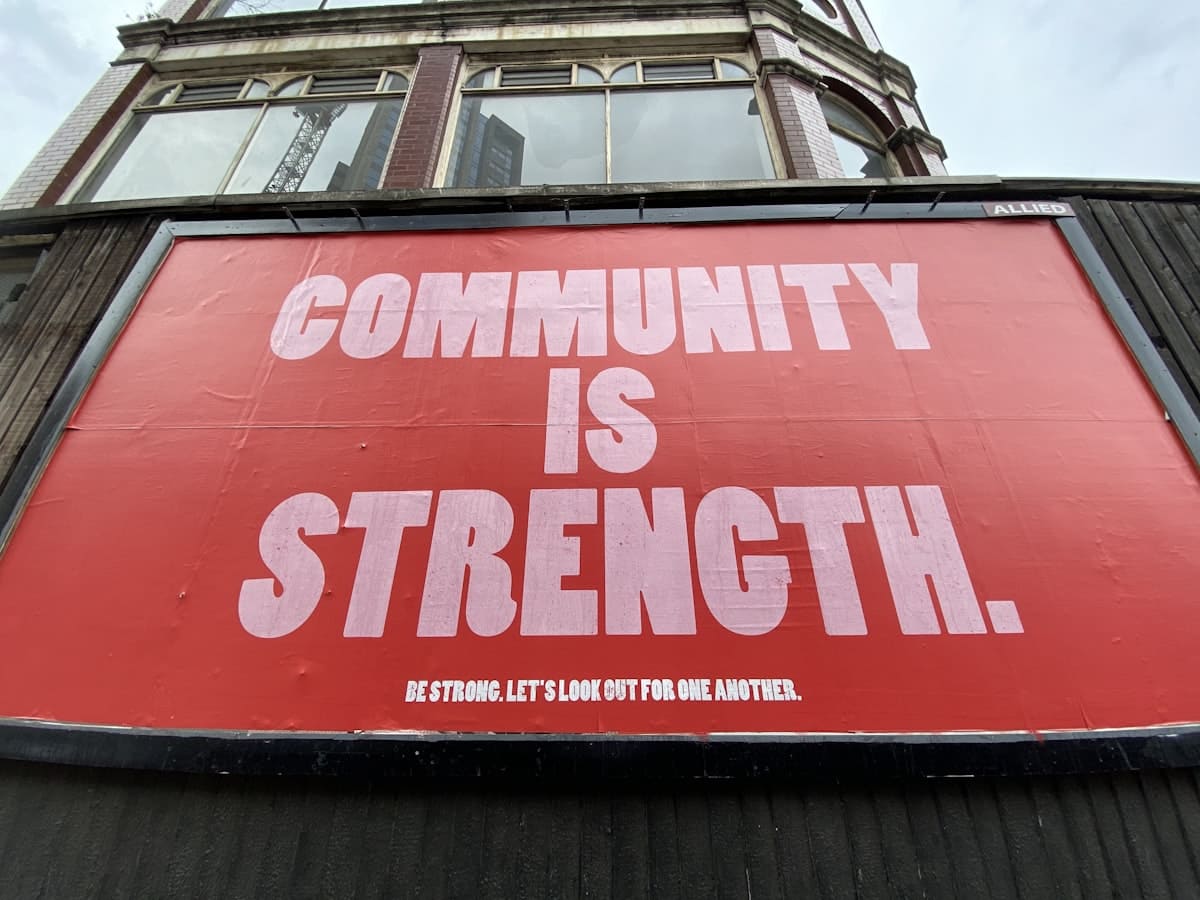Streamlining processes is more than just about enhancing academics. It is dedicated towards creating an environment that allows students to excel, innovate, and tackle problems more efficiently. By embracing modern principles, institutions can transform conventional learning into a preparation for the world’s complexities.
Incorporating effective workflows and resource management within the curriculum also equips kids with essential skills to navigate diverse professional settings. This quickly improves outcomes and fosters a mindset focused on continuous improvement and sustainability.
Table of Contents
Understanding Optimized Systems in Higher Education
Lean systems refer to customized processes and methodologies that institutions use to enhance efficiency in providing educational services. These cover various operations, including more effective course registration, digitized administrative workflows, and the utilization of advanced data analytics for curriculum planning. The aim is to improve the overall experience by minimizing waste. This includes time, resources, and effort. A streamlined approach quickly allows the faculty and students to concentrate on learning rather than bureaucratic tasks.
Incorporating these systems frequently requires integrating technology, like LMS software. This supports online education and virtual teamwork. Additionally, it involves embracing sustainable practices like paperless administration and energy-efficient campus management. These innovations not only enhance an institution’s operational agility but also equips students with skills for navigating a digital-first world.
Enhanced Problem-Solving Skills
Identifying Inefficiencies
Learning about lean systems allows students to recognize bottlenecks, a crucial skill in any professional environment. This talent develops through exposure to various analytical tools and methodologies that reveal waste in processes. It may include time, resources, or outdated practices. Students can further pinpoint areas needing improvement by mastering detailed audits and evaluations of existing systems. This quickly promotes proactive problem-solving, highly valued across major industries.
Additionally, recognizing inefficiencies extends to real-world applications. For example, students may undertake projects to evaluate the efficiency of campus resources like energy consumption or space utilization. This can result in actionable recommendations that improve institutional operations. These practical experiences also quickly reinforce theoretical learning and prepare kids for future roles where they must implement change smartly.
Application of Systems Thinking
This is a comprehensive analytical approach that examines how the components of a system interact and operate over time, especially within larger contexts. In higher education, adopting holistic thinking allows students to look beyond isolated elements to consider broader effects and potential solutions. This perspective is crucial for effectively implementing lean frameworks in complex settings. It enables challenges to be viewed from a wide-angle lens to identify patterns and understand interconnections.
Educational programs focusing on this strategy often incorporate case studies, simulations, and real-world collaborative projects. Tasks like designing a sustainable campus or optimizing enrollment also allow individuals to blend logic, technical expertise, and strategic foresight. These exercises quickly help cultivate versatile skills that enhance the capability to think both critically and creatively.
Preparation for Diverse Career Opportunities

Industries and Roles
Those who can streamline operations may discover opportunities across diverse sectors like manufacturing, healthcare, finance, and education. These fields depend significantly on lean systems for cost reduction, improved service delivery, and better outcomes. For example, optimized procedures in manufacturing are vital for cutting production time and minimizing waste. Similarly in healthcare, they aid in managing patient flow and delivering superior care.
Beyond traditional roles, expertise in optimized frameworks can open doors to careers in new fields. Examples include sustainability management and technology integration. Here, professionals are responsible for creating and executing workflows promoting eco-friendly practices and modern advancements. These positions typically demand a combination of technical skills and strategic insight. Therefore, preparing students effectively for leadership roles and encouraging them to opt for online masters in lean systems which they can learn more here, can significantly influence the future direction of these sectors.
Transferable Skills
These encompass analytical thinking, problem solving, project management, and teamwork in diverse environments. For instance, reasoning enables students to break down complex challenges and systematically create effective solutions. On the other hand, task proficiency guarantees smooth handling from start to finish. This helps adhere to budget and time limitations to achieve the desired results.
Additionally, these skills boost a graduate’s adaptability. It enables them to manage diverse challenges and shifts within any organizational setting. This flexibility is increasingly crucial for rapidly changing job markets, where professionals must constantly acquire new abilities to remain relevant.
Alignment with Industry Trends
A background in lean systems aligns closely with modern industry trends. This holds especially true for the shift toward digital transformation and sustainable practices. Organizations transitioning to modern workflows require professionals adept at managing online tools. For example, expertise in data analytics and automation software spearheads transformation efforts, improving both efficiency and decision-making.
The worldwide focus on reducing carbon emissions has forced industries to reassess their operations. This approach has also increased the demand for individuals experienced in sustainable management. Dedicated professionals not only help minimize environmental impact but boost overall energy efficiency. This quickly reduces billing costs, helps meet social responsibility objectives, and guarantees compliance with regulatory standards.
Improving Collaboration and Communication
Teamwork and Shared Goals
Studying lean frameworks encourages teamwork. Engaging in projects that demand efficient coordination further emphasizes the importance of united efforts towards a common goal. This mindset is essential in contemporary workplaces, where success frequently hinges on working harmoniously with diverse employees.
Communication Enhancement
This arises from the need to express ideas, plans, and feedback clearly during group projects and team assignments. Effective correspondence ensures that all employees comprehend their roles and the overarching project objectives. Training usually focuses on enhancing clarity and precision to enable students to express complex ideas persuasively. Improved skills channel effective communication of strategic visions, negotiations with stakeholders, and advocacy for all kinds of projects.
Tools and Methods
A key aspect of understanding lean systems is becoming skilled at various collaborative software and techniques. Courses often incorporate digital project boards, real-time messaging platforms, and specialized workflow management tools. Mastery of these allows students to improve collaboration efficiency, making projects more productive. Methodologies such as Agile and Scrum are also frequently introduced to accelerate progress. These tools quickly channel digital fluency and smart management.
Endnote
Incorporating lean frameworks into education is beyond a simple trend. It marks a transformative shift that equips students with the knowledge of modern complexities. These systems also enhance academic and administrative operations. They quickly foster essential skills like problem-solving, collaboration, and strategic thinking. This further results in increased operational efficiency and reduced environmental impact.









